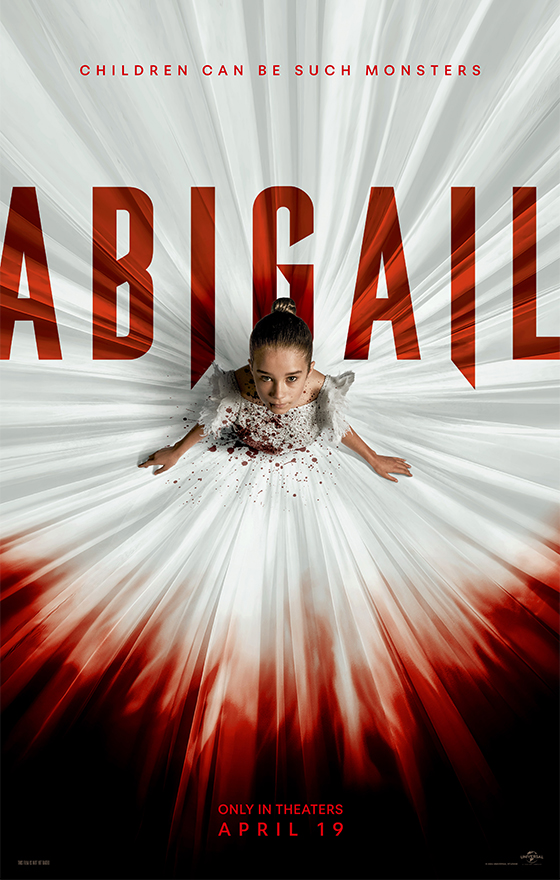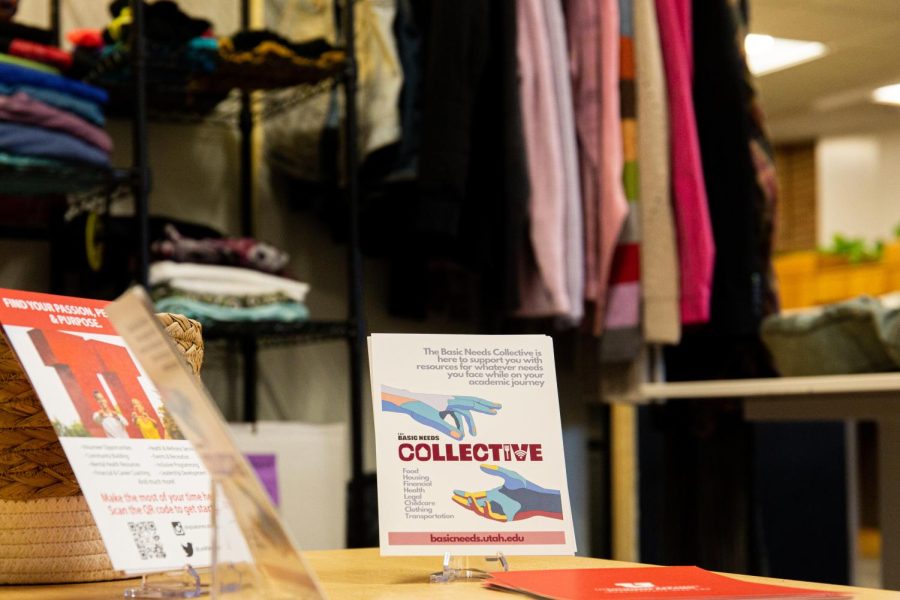On Sept. 20, a small group gathered to plant 50 trees around the University of Utah?s Heritage Commons. This effort was intended to create more environmentally-friendly “green spaces” in the Commons area.
However, in the future, the U campus? greatest scarcity may not be green spaces. It may be gray spaces, as sidewalk chalking?an increasingly popular form of student expression?continues to fill slabs of drab cement at the U and at universities across the United States.
The popularity of sidewalk chalking may be telling of the campus climate of debate and expression. If so, the message seems to be that the campus environment, which is supposed to be the most open of forums for deliberation and discussion, is not as inviting as it presumes to be.
The U has certainly seen its share of chalking during the past year. Some have used chalk drawings to instruct, as did the Associated Students of the University of Utah in February. ASUU used chalk drawings to show students where to board buses to the “High Noon for Higher Education” rally at the Capitol.
Other groups have used chalk as a marketing medium. In April, the David Eccles School of Business used chalk messages to advertise a fund raising effort. In September, www.red-mag.com appeared in gritty chalk all over campus, promoting RED Magazine?s new Web site.
Most chalk drawings and messages on college campuses are attempts at activism. Perhaps the most publicized chalking on the U campus occurred in March, when several Christian groups covered the U?s sidewalks with “Do you agree with Jesse?” to promote awareness of Christian beliefs. However, Jesse and friends have not been the only chalk-talkers with a message.
Soon after the Sept. 11 terrorist attacks, messages of pacifism appeared on cement surfaces throughout campus. Outside of the Marriott Library, some anonymous individual wrote, “Military retaliation would be a form of terrorism,” and “An eye for an eye will make the whole world go blind.”
Not surprisingly, this fad of chalking political statements is not unique to the U. The Chronicle of Higher Education (CHE) reported that Indiana University of Pennsylvania students “hit the pavement with their social and political statements” in a sidewalk graffiti contest.
According to the same publication, Smith College in Massachusetts has a “tradition of ?chalking,? or writing messages?on campus sidewalks,” most of which are political in nature.
Interestingly, the chalk drawings often produce the same results as face-to-face debates or letters to the editor. For instance, CHE reported that at Smith College, the chalk drawings?which, many times, are sexually explicit?routinely upset students and administrators. One student said the drawings “make people really uncomfortable.”
At the U, the “Jesse” campaign angered some students, who felt the Christian groups responsible didn?t bury their religious convictions deep enough. The anti-war messages angered one student who, in a letter to The Daily Chronicle, called the messages? author a “chalk wielding idiot.”
In addition, some chalk statements even turn into chalk debates, as some people actually rebut the chalk messages with their own inscriptions. Shortly after the pacifist messages appeared outside the library, new messages turned up alongside them in response. “Military action would be a form of terrorism” soon found itself neighboring the statement, “No?military retaliation would be in self-defense.”
So much chalk talk makes a person wonder: Why has this sort of debate become common? The answer may be that chalking is the perfect method of expression for college students who are strapped for time and money. Chalking sidewalks is to political expression what Ramen noodles are to a student?s diet: fast, easy to make and inexpensive.
Or, the answer may be that when compared with face-to face encounters, chalk messages are a less threatening medium for conveying one?s views. Pausing to read somebody?s scribbling is less intimidating than stopping at an unfamiliar group?s table in the Union?s plaza.
One has to wonder, though, what the chalking phenomenon says about student debate on campus. Most of the chalking on campuses, both at the U and at other locations, takes place only at night. Why not in the morning when students are walking to class?
This secrecy suggests that some students feel threatened sharing their views in open campus debate. Such a situation indicts every member of the campus community.
In the U?s comparatively conservative environment, liberal students probably feel uncomfortable or even unwelcome in certain situations. Perhaps conservative students could reach out more.
Conservative students often complain that in classroom debates?especially those in the humanities and social sciences?some students and faculty members disparage and belittle their views. Such derision usually stems from frustration with conservatives? alleged “intolerance” of certain ideas or acts.
Perhaps liberal-minded individuals could be more tolerant.
After the Sept. 11 terrorist attacks, the U?s Union Board set up chalkboards and hung poster paper in the Union. It then encouraged students to write their opinions and reactions to the tragedy. Just like the chalk drawers, students wrote their opinions. Then other students wrote responses. But few of those who wrote?possibly no one?talked about the incident face-to-face.
One person, apparently frustrated with the impersonal nature of the dialogue, wrote, “Why is it so hard for us to communicate one-on-one?”
Good question. Campus dwellers should analyze whether their attitudes and actions encourage impersonal chalking or respectful debate.
Mike welcomes feedback at: [email protected] or send letters to the editor to: [email protected].











